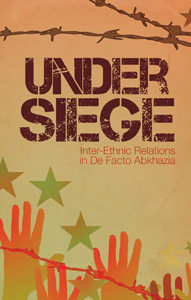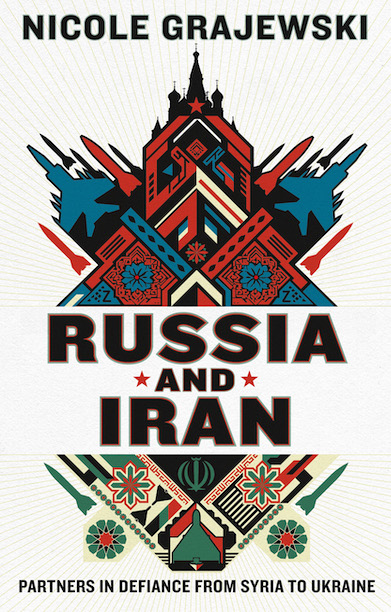Description
Under Siege is the first book in any language to document and analyze the ethno-political dynamics of Abkhazia — a region located in the north eastern corner of the Black Sea — which broke away from the post-Soviet Republic of Georgia following a bloody civil war. For fifteen years the region was a de facto independent, though internationally unrecognized, state, until August of 2008, when the short war over South Ossetia (another breakaway territory) ended in Russia’s official declaration that Abkhazia and South Ossetia were sovereign. Though few are familiar with the political and economic mechanics of this small, post-Soviet country, Abkhazia has become a crucial component of Russia’s struggle to redefine its global influence and a major player in its geopolitical battle with the West. Under Siege clarifies Abkhazia’s ethno-political dynamics, which have played a major role in the country’s state building efforts and have shaped the conditions under which many ethnic communities live. Abkhazians, Armenians, Georgians, and Russians all call Abkhazia home, and this volume explores the effect of the government’s de facto status on these groups’ idea of nationhood and how continuing tensions between Georgia, Abkhazia, and Russia fail to improve the socio political situation of the region.
Reviews
‘Apart from presenting ethno-political processes from a historical perspective, Under Siege discusses popular attitudes toward Abkhazia’s political status and explains the establishment of rule in which the ethnic Abkhazians occupy a privileged position in society. The volume also reviews the legislative provisions of the de facto state and analyzes the institutional and administrative framework for governance of minorities in the state entity. Finally, it suggests ways to resolve the ethno-political knot in this troubled Caucasus region. A groundbreaking study, Under Siege derives its strenght from painstaking research conducted among diverse communities. It makes every effort not to accept the historical and ethnopolitical narratives propagated by the Georgian and Abkhazian sides and achieves a remarkable objectivity.’ — Dr Jonathan Wheatly, Centre for Democracy in Aarau
‘This well-researched, original volume is one of the very few scholarly books in English about the internal dynamics of Abkhazia. [Trier, Lohm, and Szakonyi] provide a rigorous analysis of interethnic relations in Abkhazia and explain how the 1992-94 Abkhazian-Georgian civil war has affected sociopolitical and economic conditions of the different ethnic communities living in Abkhazia today.’ — Choice
‘A useful addition to research libraries involved with the study of mass violence, especially of central and eastern Europe and the former USSR. Its illustrations of demographic disputes, of ethnicized language policy, of situational ethnic identities, and of displacement and property takeover after armed conflict make it possible to refer to Abkhazia alongside the much more commonly researched conflicts on which more literature exists.’ — Catherine Baker, H-Genocide
Editor(s)
Tom Trier is Senior Research Associate for the European Centre for Minority Issues and the Centre's regional director in the Caucasus since 2005.
Hedvig Lohm is a political scientist and journalist who formerly worked for UNDP in Georgia and the Swedish Foreign Ministry.
David Szakonyi is a Research Associate at the National Endowment for Democracy in Washington, DC.






